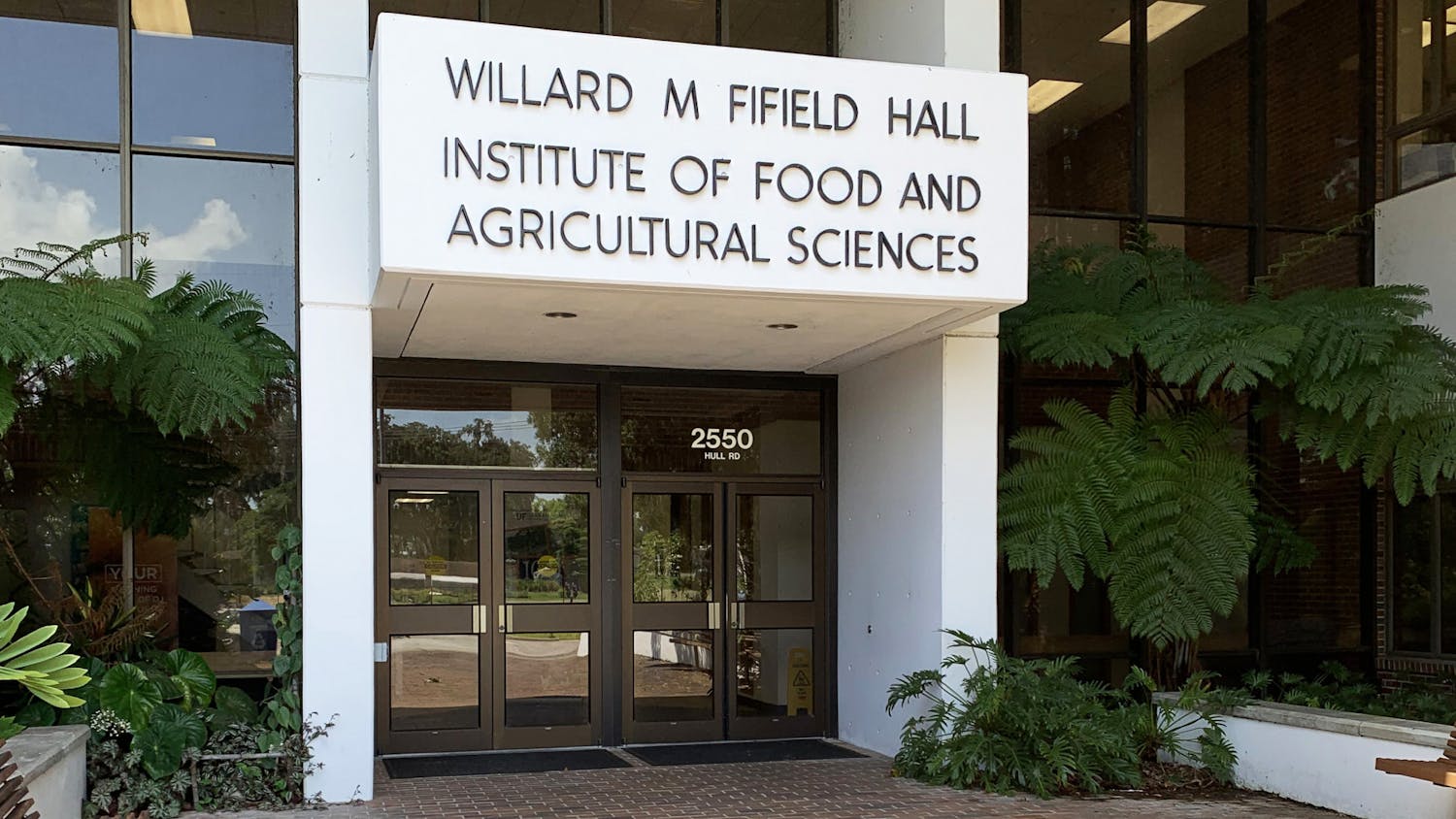Recently, fellow columnist Sabrina Castro wrote about the value of involvement culture. With nearly 1,000 registered student organizations and many informal organizations, involvement forms a key aspect of the college experience. While what you learn is important, what you experience will be essential to the rest of your life. This is especially the case for STEM.
Student organizations form the backbone of involvement, but they are just one aspect of our rich campus involvement culture. Many other opportunities exist, such as research, off-campus work and internships. I previously wrote about the importance of research, discussing how it shapes UF’s identity as one of the highest ranking institutions in the southeast.
I recently spoke to Marion Hagstrom, 23, a Ph.D. student at Vanderbilt University. At UF, she was a biomedical engineering student and mentored me during my time at Generational Relief in Prosthetics, or GRiP, a student organization at UF.
GRiP, founded in 2017, works to develop prosthetics and other devices for students with limb differences at little to no cost. Hagstrom moved through the organization, starting as a member of a SOLIDWORKS team and later becoming president. I got the chance to serve as marketing coordinator during her presidency.
Hagstrom was also a member of the Nino Research Group, a research lab that focuses on artificial intelligence, energy, sustainability and national security, among other issues. In her capacity, Hagstrom studied biomarkers and risk assessments of Alzheimer's and related subjects.
The basic skills carried forward to what she does now, even if the subject did not carry forward. My work in the Porras TMI Lab worked similarly, giving me broad skills in communication and general good research practices that will carry me into whatever I do next.
Hagstrom told me how, coming from a small town, being involved in many positions formative to her. She was not exposed to much engineering in her hometown. Her involvement in GRiP helped create friendships and develop core skills, both hard skills and soft skills.
In my capacity in GRiP, as a member of its marketing team, I got to see the vast expanse of the organization. We had teams working on everything from dog prosthetics to adapted controllers. In upper leadership, Hagstrom described to me a similar experience of seeing a “breadth of projects” across the organization.
The skills learned in technical student organizations, like GRiP, can still be used after graduation. Although classes in programming, electronics or CAD exist, there exists a unique learning that comes from actually making something that impacts the world.
Hagstrom also got to work for the local prosthetics clinic, Gainesville Prosthetics, further connecting with the people's prosthetic designs. She is now part of Tikkun Olam Makers, which makes technology in the assistive technologies field. They work in busts — Make-a-Thons — to develop technologies for persons with disabilities.
Many such organizations exist at universities throughout the United States. At the University of Central Florida there is Limbitless and many other campuses have an affiliate of e-NABLE, an “online global community of ‘Digital Humanitarian’ volunteers” who use their 3-D printers to make low-cost prosthetics.
Hagstrom was uncertain where she would go after undergraduate, having three paths before her. She could go into industry, clinician training to become a certified prosthetist, or Ph.D. research.
Her work with Dr. Nino led to the third. After a conversation with Dr. Nino, he saw a capacity for her to do incredible research in a Ph.D. “Even when I couldn’t see myself doing that,” she said, Nino helped her see another path for her.
“Having that mentor in undergrad was pivotal for me,” she said.
I find myself in a similar position, guided by the mentors before me. I see that in my UMMP mentor, Dr. Steven Hagen, my research mentor, Dr. Ana M. Porras, an organizational mentor, Marion Hagstrom and in other small forms of mentorship. I write this column to underscore that many valuable things can come from all sorts of experiences.
Even if you do not feel the most qualified for an involvement, pursue it anyway. Enrich yourself with a breadth of experience across multiple organizations.
One of my biggest takeaways was Hagstrom noting how anyone can achieve their dreams, with a mentor to push them even when they think they cannot do something. There is a gulf between what you learn and what you do when you enter the professional world.
It is important to think about what you think makes you happiest and how you can impact the world.
Ronin Lupien is a UF biomedical engineering senior.






